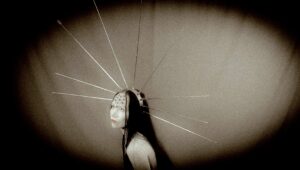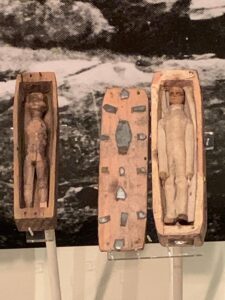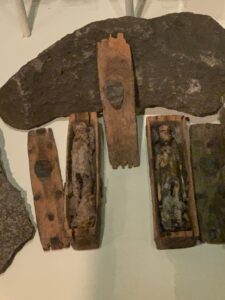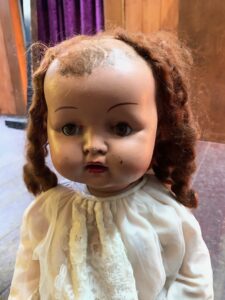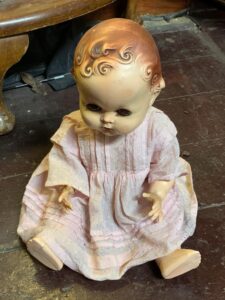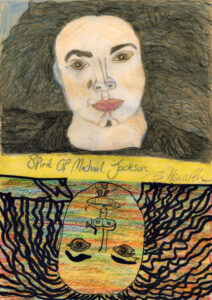In honour of the 30th anniversary of Dennis and Terrance Mckenna’s ‘Stoned Ape Theory’, Dennis McKenna presents an exclusive lecture discussing brand new reflections, theories and findings on the theory based on his ‘Stoned Ape Symposium’ taking place in winter 2021.
First proposed in 1992 by 20th century ethnobotanist and psychedelic bard Terence McKenna (1946-2000) in his 1992 book “Food of the Gods”, and emerging from conversations between the two brothers, the theory proposes that the consumption of psychedelic fungi played a crucial role in the evolution of consciousness and the development of human mind, self reflection, language and culture, and spurring the homo erectus to evolve into the homosapien. He called this the Stoned Ape Hypothesis.
With the re-emergence of psychedelics in mainstream culture and conversations in the psychedelic renaissance, and the elevation of the theory to widespread and popular knowledge, how does it stand 20 years on? What new hypotheses and perspectives have developed from the theory with the increase of psilocybin research? And with the rise of psychedelic research and interest, are we any closer to solving the ‘hard problem of consciousness’?
Join us for this fascinating and in depth lecture to find out.
Dennis McKenna Ph.D.
Dennis McKenna, brother of Terence McKenna, is a true psychedelic elder. Among his many engagements and accomplishments, he has conducted research in ethnopharmacology for over 40 years, is a founding board member of the Heffler Research Institute, and was a key investigator on the Hoasca Project, the first biomedical investigation of ayahuasca. Since 2019, he has been working with colleagues to manifest a long-term dream: the McKenna Academy of Natural Philosophy (https://mckenna .academy) dedicated to the study of plant medicines, consciousness , preservation of indigenous knowledge, and a re-visioning of humanity’s relationship with Nature. Dr. McKenna is author or co-author of 6 books and over 50 scientific papers in peer reviewed journals. He emigrated to Canada in the spring of 2019 together with his wife Sheila, and now resides in Abbotsford , BC.
This Psychedelic series is Curated by Maya Bracknell Watson and Dr David Luke
Maya Bracknell Watson is an interdisciplinary artist, poet, performer, retired cult leader and psychedelic and parapsychology researcher. Having just graduated from Chelsea College of Arts, her work over the last six years has been informed by her concurrent shamanic training, work with the Wixárika (Huichol) tribe from Mexico, and role as a research assistant under Dr David Luke of Greenwich university in the study of the psychedelic compound N,N-Dimethyltryptamine (DMT) and other worlds. Walking between the worlds of the arts, science and the occult, she combines media and investigative techniques from each to inform and articulate one another in the exploration of ontology, consciousness and altered states, mytholopeia and mythology, ecology, the human condition and its relation to the environment, otherness and mortality. She describes her practise and research as contemporary Memento Mori (‘remember you will die’), and explores what that means in a time of mass ecocide and species extinction.
Follow her on the crooked path on Instagram @maya_themessiah
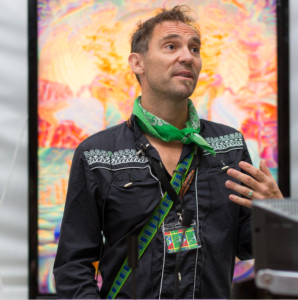
This Psychedelic series is Curated by Maya Bracknell Watson and Dr David Luke

